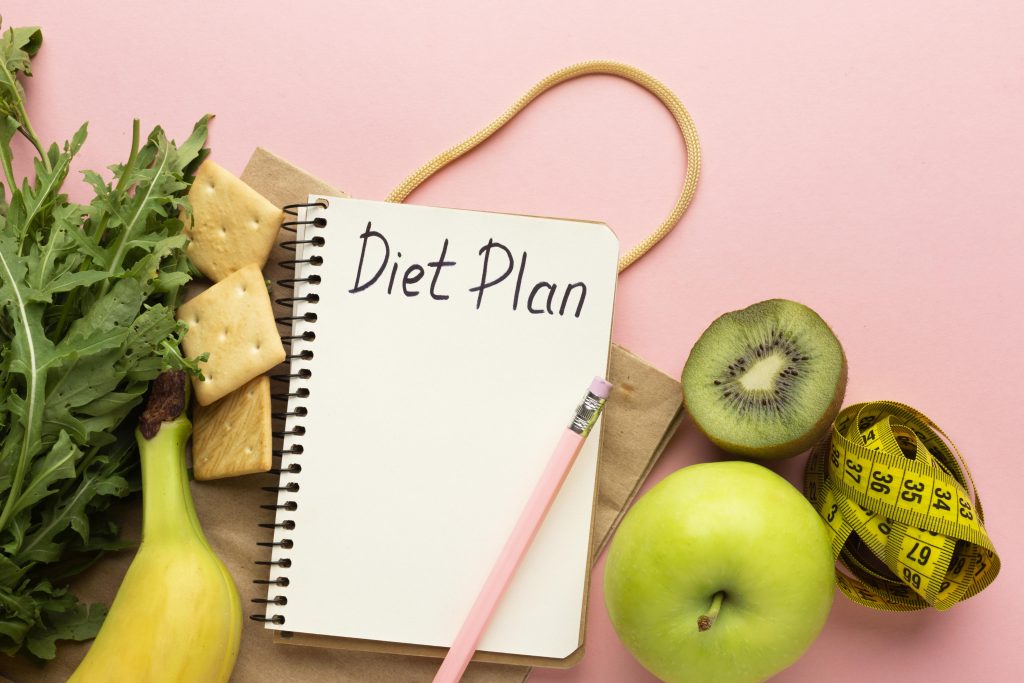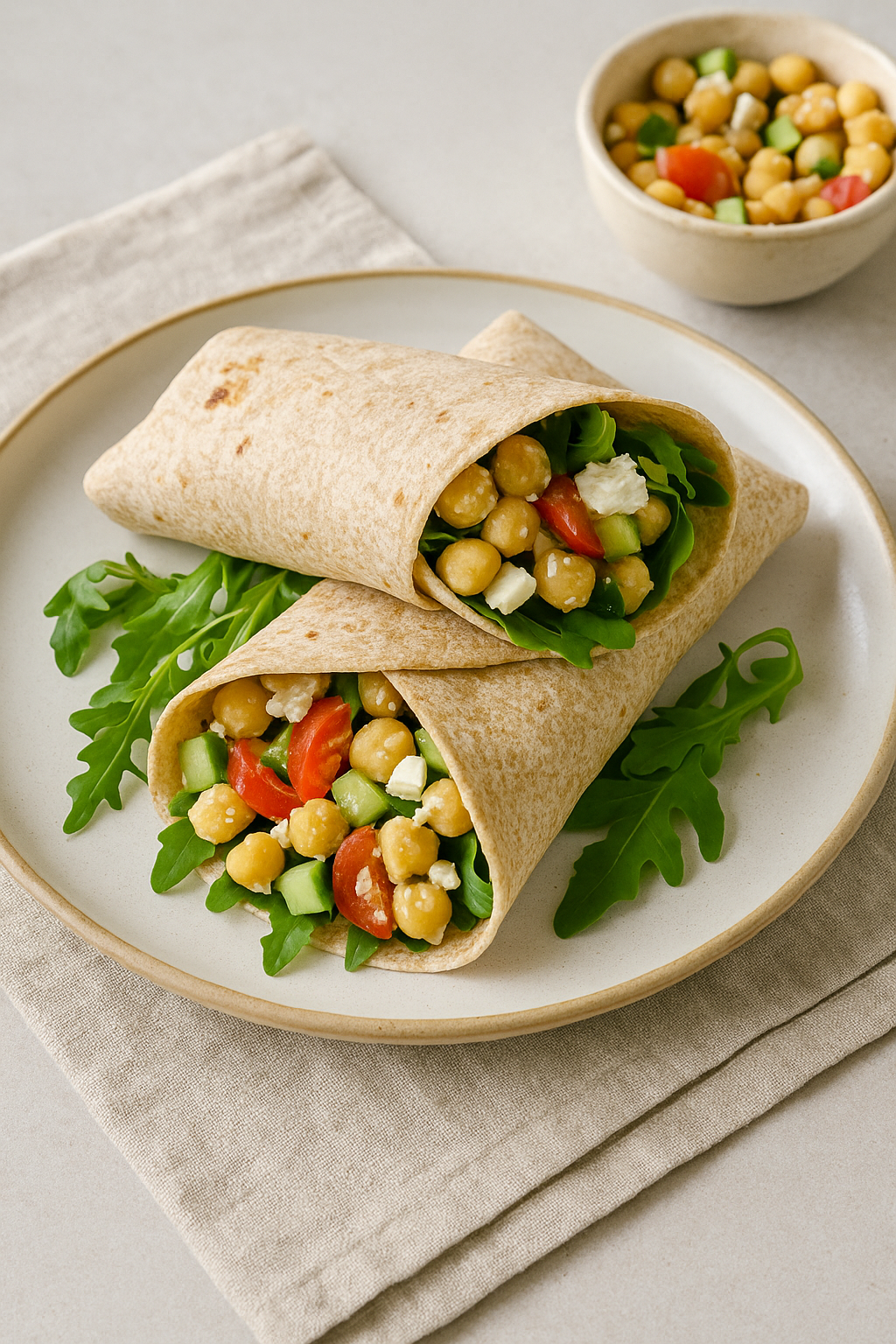Detox diets are at their most popular at this time of year as many of us feel we have ‘over indulged’ at Christmas and now look to start a new year, new diet! This blog is the ultimate guide to detoxing your body in January.
Juice fasts. Colon cleanses. Salt baths. Detoxifying face masks- you name it, there are so many things out there to help you ‘rid your body of toxins’
Detox is such a popular word in the health and nutrition space. It’s the idea that from time to time we need to rid ourselves of ‘toxic waste’ in our bodies, in order to remain healthy, and it is a word that has become synonymous with rapid weight loss diets too.
Detox diets can range from one day to several weeks, and may involve eating only fruits and vegetables, fasting, avoiding wheat and gluten, avoiding caffeine and alcohol, eating a very limited range of foods, or using detox solutions such as pills, lotions, teas or other drinks such as ‘cleanses or ‘juice fasts’ and can involve the use of laxatives.
But should we be detoxing- will we really get the results that these diets claim?
Those selling detox diets offer grand claims, with very varied explanations of what a ‘toxin’ actually is, or how it will get ‘flushed’ from your body. The pseudo-scientific explanations as to why this detox diet is so amazing often feeds straight into your vulnerabilities so there is no doubt, they are great marketeers, it’s just a shame they are not qualified healthcare professionals, although I guess they wouldn’t be selling Detox diets if they were!
In this blog, I am going to answer some of the key questions you have about detox diets.
Do we have toxins in our body that we need to remove?
Toxins are substances created by plants and animals that are poisonous (toxic) to humans. A buildup of certain toxins can lead to diseases, but if we were to have this exposure that creates illness, then a trip to the Doctor is what is advisable, not the latest detox diet!
People selling detox diets talk about toxins in a way that makes you then think ‘I must get rid of these’, but notice they never tell you what toxin they are referring to. What is the reason they don’t define it? Well, because you are unlikely to have in these your body in the first place and even if you did these detox products are not actually able to rid you of any of these poisonous substances and so they need to keep it vague to make you think you have a problem, that you need to pay them to help you to solve.
For example, a detox face mask can remove dirt from your skin, but it can’t draw toxins from the bloodstream, it is just an expensive soap. Of course, this is a fairly harmless form of detox and if it makes you feel good, perhaps no harm done, but when we start moving towards things such as colon cleanses to ‘flush out’ toxins or stop them passing from stools to your bloodstream (all of which is completely discredited), then we are in worrying territory, as this can cause real damage to the intestines, which may require surgery to repair, it can leave you with electrolyte imbalances and gut microbiota disturbance, all of which can leave you in poor health, when you didn’t even have a problem in the first place.
Sometimes the products can be sneaky and make you feel like toxins are being removed from your body by creating ‘special effects’. For example, detox foot pads that have a substance that turns black when it comes into contact with warmth and sweat, so you look and think ‘uurgh, all of that has come out of me!’, when in fact it was just a chemical reaction.
Can I achieve weight loss with a detox diet?
Rapid weight loss is likely to be seen with a detox diet, but is that a good thing?- not really.
Overly restrictive detox diets
If you are asked to intermittently fast for long periods and/or restrict your calories to low levels whilst detoxing, then you are likely to see weight loss occur. The initial reduction in weight is often because you are using up glycogen, which is the body’s store of energy. Each glycogen is bound to water and therefore as we use these stores, we are losing water weight, rather than having any impact on our fat stores.
The problem with detox diets is that you are unlikely to maintain this strict regime for long and as soon as you start eating normally again, the weight will return, with perhaps some extra weight gained. You may be achieving a weight that is not healthy for you during a detox diet, and one that can’t be maintained over time. Each time you lose and regain weight, it can feel harder to lose again next time. This can lead to gradual weight gain over time.
Of course, the other problem with this is that you have to restrict your food intake. This can lead to low energy levels, dizziness, mood swings, hunger, reduced immune response, cravings, obsessing over food, and a damaged relationship with food where you no longer trust yourself around certain foods, which can lead to overeating and binge like tendencies. Not only is this miserable, but it may also be harmful in the longer term as you miss out on opportunities to have adequate nutrition, such as enough fibre, protein, healthy fats, vitamins and minerals.
Also, if you are lacking in energy, this makes it more difficult for you to engage with health behaviours such as exercise, which is so important for physical and mental health and so overall you could be causing more harm than good.
What’s the harm in detox diets?
Detox diets may be seen as harmless, but the truth is they can have a darker side. The main health risks involved with detoxing are related to severe energy restriction and nutritional inadequacy. Extreme fasting and restriction can lead to protein and vitamin deficiencies, electrolyte imbalances and even death.
Products marketed as liver and kidney cleansing agents can actually strain the organs they are marketed to help.
Detox diets can lead to overdoses of supplements, diuretics, laxatives or even water. People have been hospitalised after drinking too much fluid and taking supplements that have caused permanent liver damage. Because detox diets are often promoted on the internet, they are hard to regulate and this means there is no way of knowing if you can trust what you are buying and products not always matching what is on the label which has led to death in certain cases. All in the name of ‘health’!
If you are so focussed on your weight that you feel you need to engage in the risks that detox diets may pose, even to the potential detriment of your health, this can lead to disordered eating behaviours over time and this could be a sign that you could benefit on working on your relationship with food[1] , a detox diet is not recommended for, well anyone, but especially those struggling with their relationship with food or those with a previous or current eating disorder, so if this may be you, then please do reach out for help and support from a trained professional.
So how do I Detox my body if detox diets don’t work?
It is true that there are toxins in the environment that we live in and some of these may be ingested through the foods and drinks that we consume but rest assured surviving on nothing but celery juice for a week is not going to rid your body of these toxins!
The good news is that the body already has a detox system and it is really good- no need to pay out for anything, we have all been gifted with the prefect system already!
The body has several organs that are involved in ‘detoxing’ the body. It is skilled at keeping an equilibrium within the body and making sure substances that are not required or could be damaging in larger quantities are removed.
Your lungs remove carbon dioxide, your colon is self-cleaning. It absorbs nutrients and water and then removes what is not needed. Your liver and kidneys also detox your body by processing and filtering the blood and removing any waste or toxins.
Of course, the body can only do so much, if you have certain substances in excess such as alcohol or tobacco smoke then this can increase risk of illness such as cancer, but no detox diet is not going to change this fact.
In Summary
No rigorous controlled trials have taken place to test the effectiveness of detox diets and most claims that are made are based on animal studies. This means these are not reliable sources of information and detox diets are unlikely to provide all the benefits they promise.
If you are going on a detox diet, then assumably you want to improve your health- there are far safer and more effective ways to do this, that can give you long term benefits, rather than a quick fix. If you have overindulged this Christmas, then I hope you had a lovely time. Feeling guilty and following these detox diets is not required, pointless and potentially disastrous for your health and wallet.
Setting about on a punishing regime of diet and exercise without any real thought as to why or with realistic goals is usually a recipe for disaster. Think more about what you can add in rather than what you need to restrict and remove. Enough calories to support your body to function in a healthy way, plenty of fruits and veggies, healthy protein sources at each meal, starchy carbs for fibre and energy, healthy fats and healthy hydration. This is how to eat to support your body’s own detox system- Save your money and ditch the detox in 2024!
If you want support to improve the health or your diet and your relationship with food in 2024 then make a free no obligation discovery call to find out how I can help you to flourish with the joy of eating!
Disclaimer. This is general information and is not meant to be individual advice. If you are struggling with your nutrition or relationship with food and want further support with this then please ask for professional help from a Dietitian or a Registered AfN Nutritionist.
Image by Freepik




